Boredom Breeds Creativity – Really?
By Geetanjali Padoshi
In today’s fast-paced life, we all try our best to meet deadlines and live life to the fullest. When was the last time you decided to take a pause, separate yourself from all the hectic schedules, and just do nothing, embrace boredom? The very thought of it comes across as a big red flag. With the world moving around at astronomical speeds and whizzing past us, who would indulge in doing nothing? Wouldn’t that be boring? What if I were to tell you that boredom is one of the most important factors fostering/stimulating creativity as evident from the numerous psychological and scientific studies?
“Boredom is a productive state so long as you don’t let it go sour on you” – Anne Enright, Booker Prize-winning Novelist
She is not the only one to endorse this thought.
“You have to let yourself get so bored that your mind has nothing better to do than tell itself a story” – Neil Gaiman
Gaiman, when asked to guide aspiring writers, told them to get bored to an extent that it leads to telling a tale to themselves. It is not only writers or novelists, scientists, artists, and psychologists too accrue to the role of boredom in fostering creativity.
A look at some of the most famous personalities who found their “Eureka” moments in such a state makes an interesting read –
- Albert Einstein – He has openly credited boredom for his scientific achievements. He famously professed – “ Creativity is the residue of time wasted.” The theory of relativity – one of his most famous ideas is often credited to boredom which resulted in him daydreaming while being employed at the Swiss Patent Office.
- Steve Jobs – He is credited with bringing revolutionary products in the digital space. He believed that boredom acts as a stimulant to being creative. He said – I’m a big believer in boredom. Boredom allows one to indulge in curiosity and out of curiosity comes everything.”
- Anish Kapoor – The famous sculptor believed that it is often in the moments when one does not know what to do or is simply bored that one might want to try something new.
- J.K. Rowling – She is an often quoted personality to show the power that boredom has in being creative. A four-hour delayed train journey from Manchester to London allowed her to imagine the world of Hogwarts and the rest is history.
- Bobby Fischer – The world-renowned chess champion converted his boredom experienced while waiting between matches or traveling to a venue and used it constructively to devise moves that helped him ace his game.
The Science Behind the Concept
Neuroscience has proved that the mind goes into a state of DMN( Default Mode Network) when a person is bored. This network is activated when a person loses focus on things happening around in the outer world and is immersed within himself or thinking intrinsically. This internal reflection leads to creativity. How? Well, one is just allowing the thoughts to come and go, interconnectivity amongst unrelated things takes place, and ideas that would have seemed impractical otherwise seem possible.
What Else Does Boredom Offer?
Although creativity is the ultimate reward of being bored, there are many other benefits too like –
- Thinking Out of The Box – As explained above the mind brings together seemingly different thoughts in a coherent manner in the state of boredom. The spill effect of this is the developed ability to think out of the box. In the process of being creative, a person imbibes the habit of developing alternative scenarios to a single issue/ problem or statement.
The development of the Polio vaccine by Dr. Johas Salk is often cited as one of the most famous examples of this kind. In 1950, he started living in a monastery away from routine life. The various alternate out-of-the-box ideas that he developed coming out of the boredom at his then-dwelling place led to the Polio vaccine. - A Way to Manage Digital Overload – It has been proven that constant connectivity kills creativity. Only when the mind is not focused on the next reel or the next message, would there be any chance of it moving into a state of boredom and thus pursuing the creative path. This also gives the mind the much-needed white space – or a zone of no activity that is much needed for our mental health.
Boredom – A Complex Phenomenon
It is a common belief that being bored means having nothing particular to do. While it may seem so at the outset, according to John Eastwood, a famous psychologist, two things happen in our minds in this state.
- Desire Bind – when one is in a state of flux as he/ she wants to do something other than what’s being offered at that time and moment.
- Being Bored – in this state the mind is ready for the uninterrupted flow of thoughts that leads to something interesting.
By nature, boredom carries a negative connotation. All of us when we feel bored immediately want to engage in doing something productive thus attributing boredom with futility. This should be avoided. One must embrace the feeling and allow the mind to expand its thought horizons, let it deviate, and navigate into seemingly unchartered territories.
All the above thought streams show that boredom which is often painted as a negative, counterproductive activity or simply a waste of time is in fact a harbinger or catalyst for creativity. We must embrace boredom rather than shunt it and utilize it to identify that one creative spark that might give us the next big idea.

)
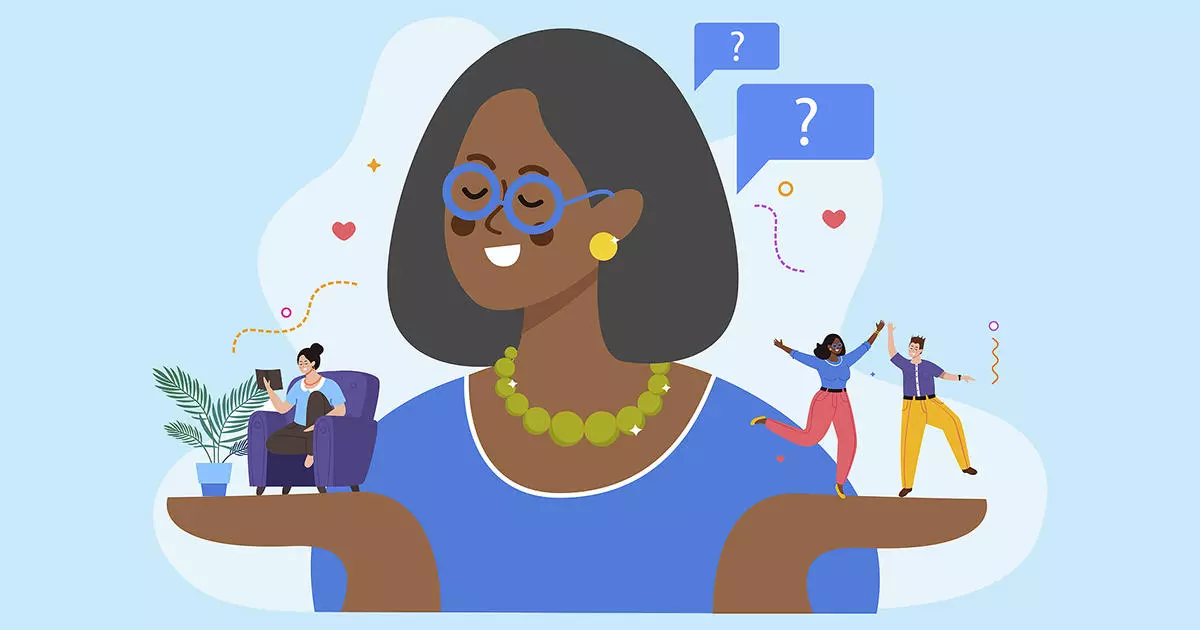)
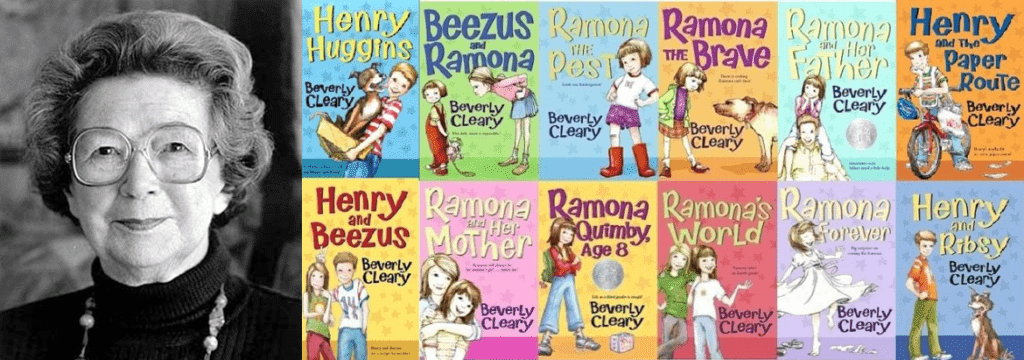)
)
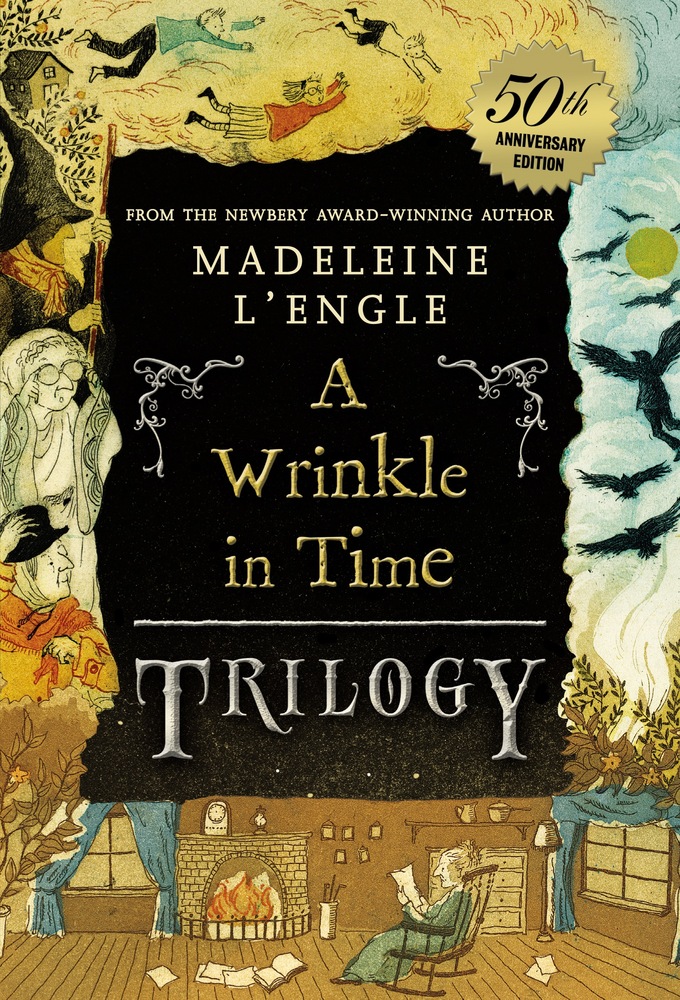)
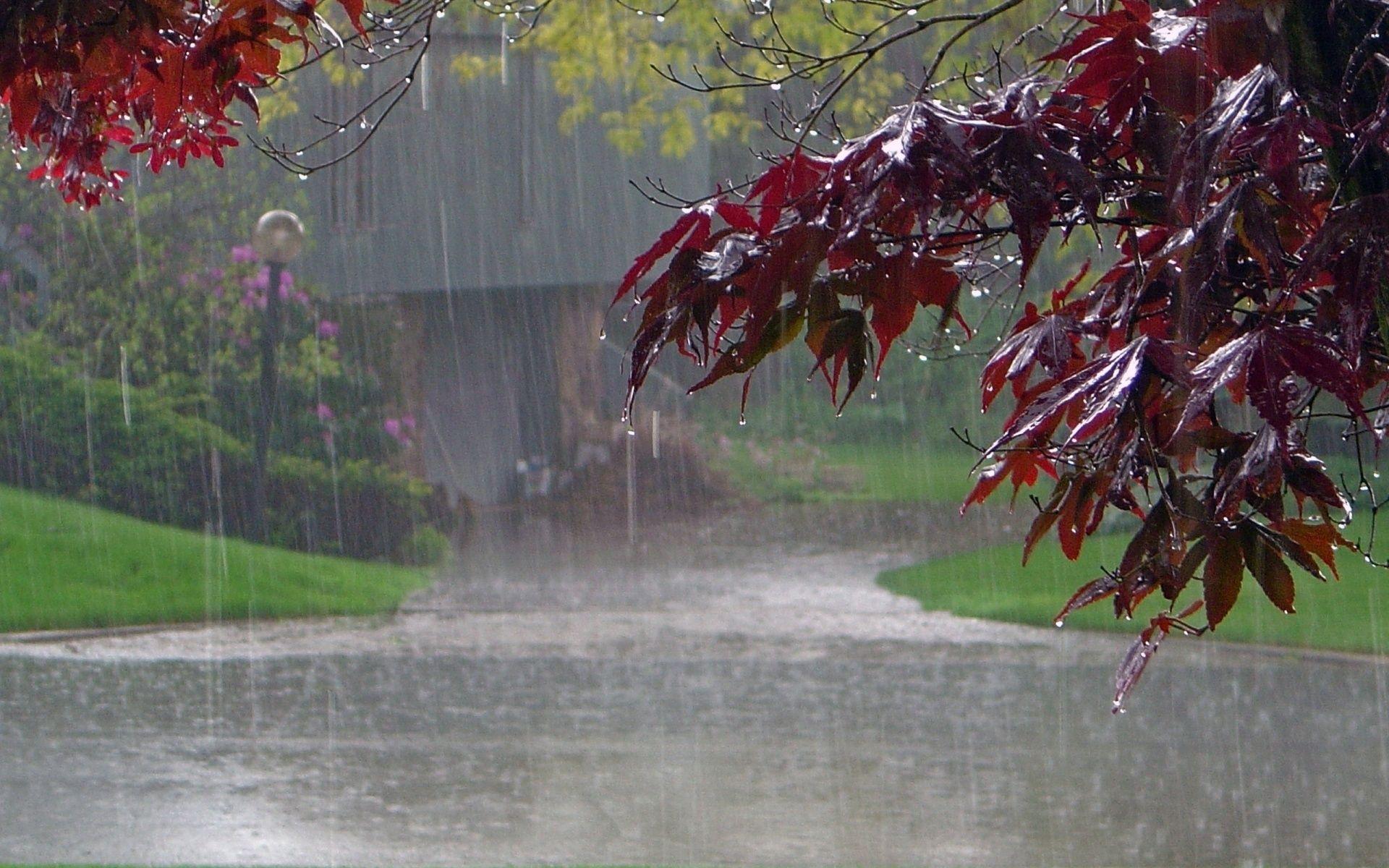)
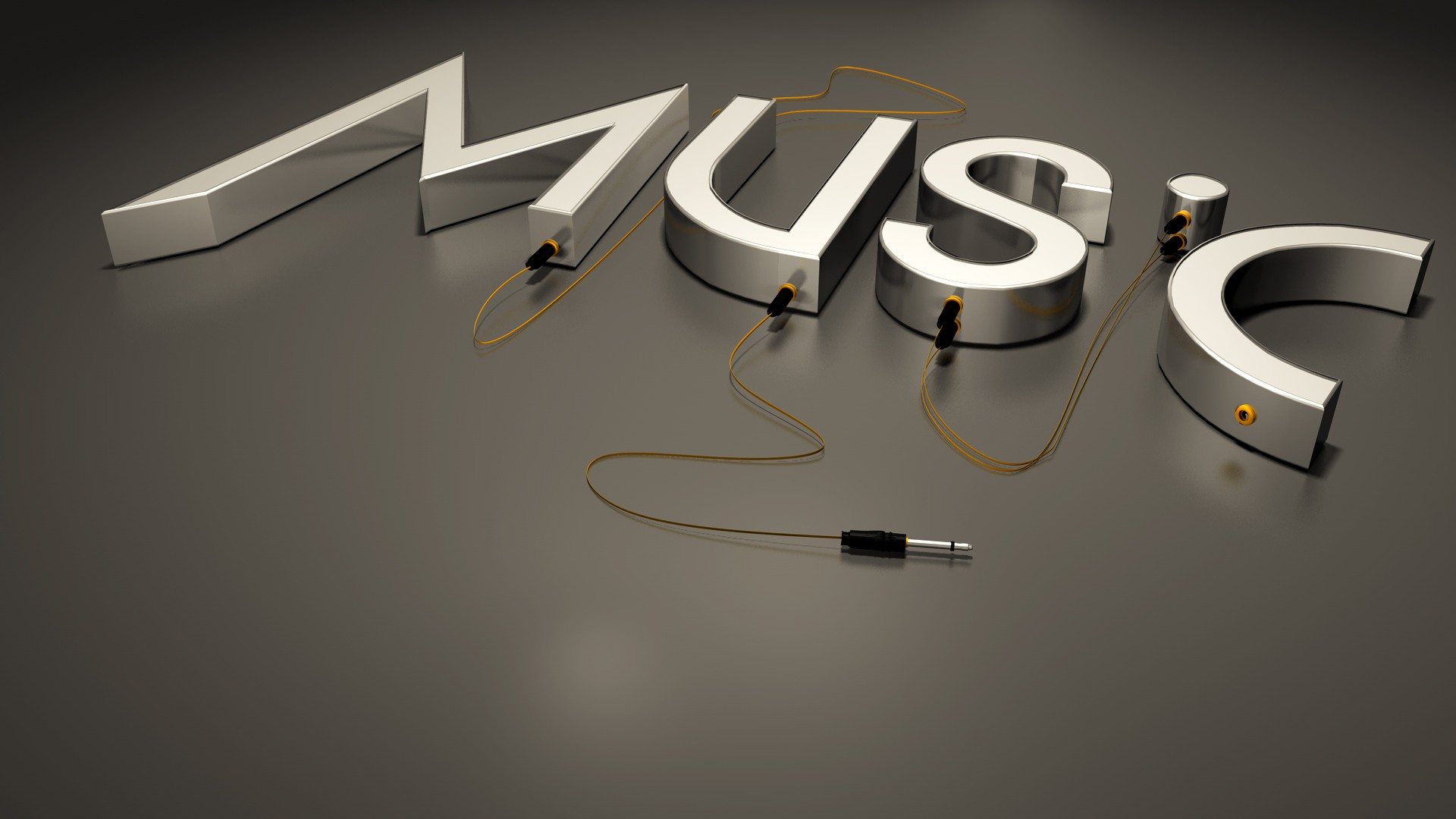)
)
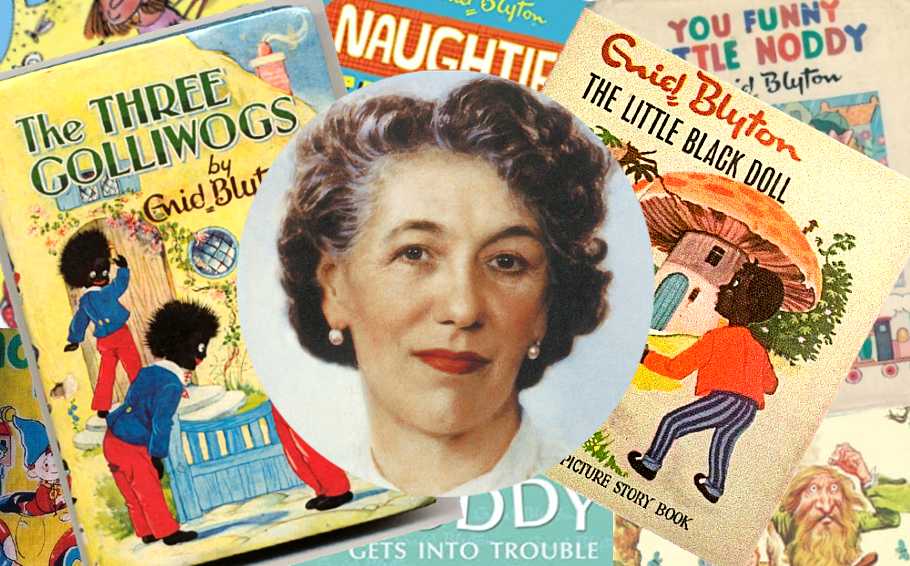)
)